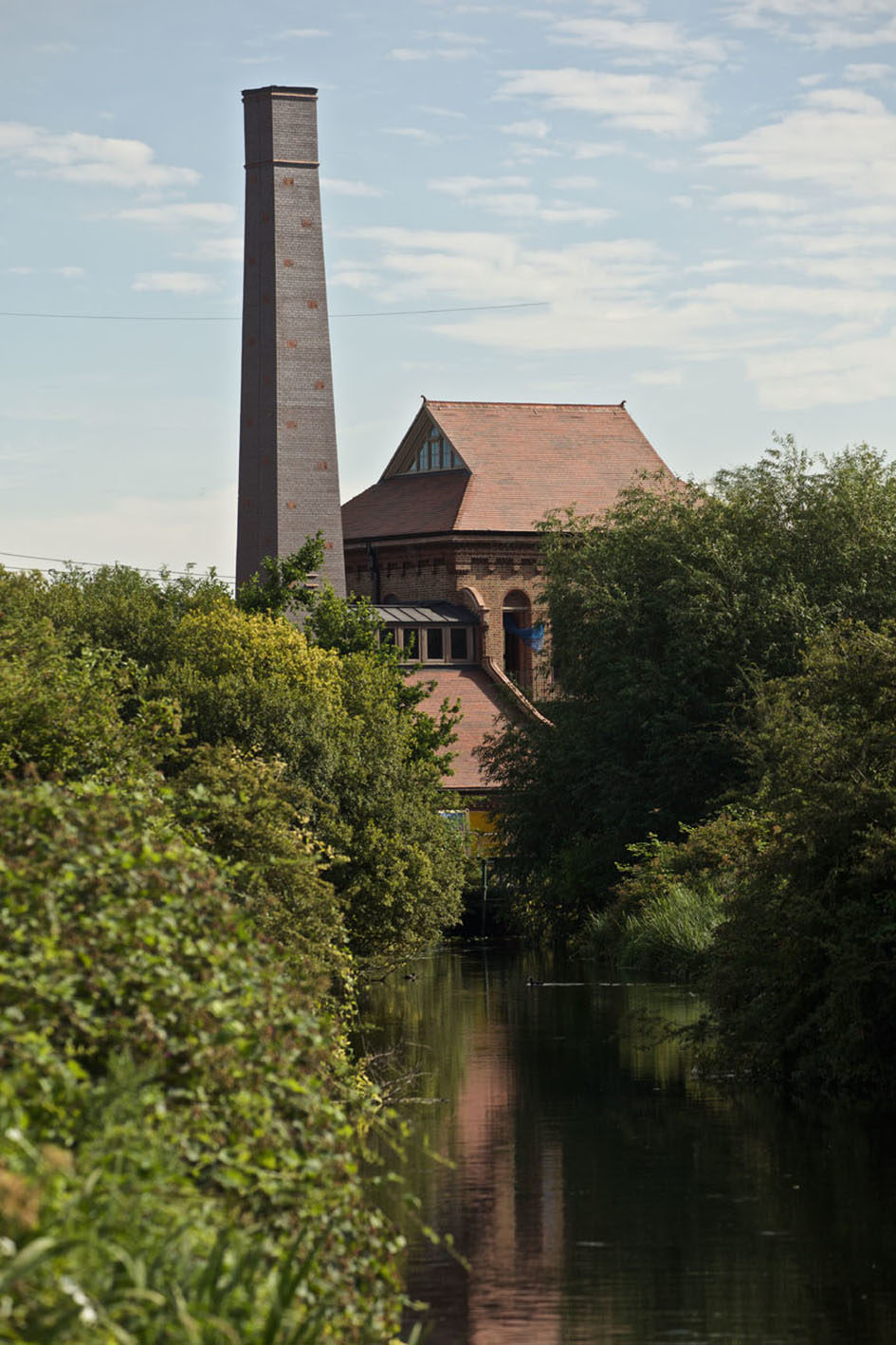Background
Walthamstow Wetlands is a series of 10 reservoirs, located in the Lea Valley Special Protection Area, which provides drinking water to 3.5 million Londoners. An area of Special Scientific Interest, the 211-hectare site has been transformed into one of Europe’s largest urban Wetland nature reserves.
The collaboration between Thames Water, LB Waltham Forest and London Wildlife Trust aimed to conserve the heritage and identity of the site, whilst allowing free public access to this unique landscape of water, woods and marshland.
With sustainability and ecology at the heart of the regeneration, architects Witherford Watson Mann worked with Kinnear Landscape Architects to deliver a unique vision, which included the sympathetic restoration and the conversion of a Grade II listed Engine House and a disused neighbouring mill into a new visitor centre and viewing platform.
Sympathetic Restoration – Key Elements
Built in 1885, the old Engine House, which once housed massive steam driven pump engines, was restored and converted to accommodate a café and visitor’s centre, with a kitchen extension built from Brown Brindle facing bricks from West Midlands manufacturer, Ketley Brick.
Known for their industrial authenticity and durability, these ‘Class A’ engineering bricks suited the context of the site perfectly. Designed to contrast with the softer brick of the existing building, the detailing of the new arches and the English bond pattern followed the same rhythm as the original arcaded brick of the adjacent north wall.
The Engine House roof was also fully restored using Dreadnoughts Brown Antique plain clay roof tiles, which are manufactured on the same site, at the same factory as Ketley Bricks.
The interior restoration was handled with similar sensitivity, using a simple palette of materials including Ketley clay quarry tiles for much of the flooring, which combined well with the natural tones of the exposed brick and timber panelling on the walls.
Integral to the restoration was the replacement of the old Engine House’s original brick chimney, a powerful industrial symbol, which was demolished in 1960. Witherford Watson Mann grafted a striking new 24m high ‘swift tower’ onto the remaining chimney plinth to
serve as an ecological feature to accommodate local wildlife. Constructed from the same Brown Brindle engineering bricks, the structure tapers from 1.5 bricks thick at the bottom to
one brick thick at the top, its shiny surface standing out, yet also complementing the Victorian heritage. The brickwork was left rough on the inside to provide roosting areas for swifts and bats.
The tower itself incorporated 54 bespoke red clay swift boxes co-designed by Ketley and Witherford Watson Mann to encourage the nesting of urban swifts. The boxes have sloping
entrances and a small hole in the front to keep the nesting areas well drained and were placed at least 1m apart to prevent rival swifts fighting. The only known structure of its type, ‘swift
tower’ is visible from across the valley, signalling repair and transformation: repair of civic infrastructure, transformation from pollution to ecology.
A lasting public legacy
Now open to the public for the first time in 150 years, Walthamstow Wetlands is a conservation and restoration project of unique value, which will allow people to access its natural and architectural heritage for many years to come.
Alex Patrick-Smith, managing director of both Dreadnought Tiles and Ketley Brick said:
“ We are delighted to have manufactured the bricks, roof tiles and quarry tiles that were so in keeping with the Victorian heritage of this site.” The Brick Award judges described this project as “a very skilled work of refurbishment on an industrial building.” They also remarked, “the Wetlands centre dignifies and respects the industrial heritage of the site and transforms its extraordinary setting.”
For more information about Ketley Brick call telephone: 01384 78361. Fax: 01384 74553. Email: sales@ketley-brick.co.uk or visit: www.ketley-brick.co.uk










